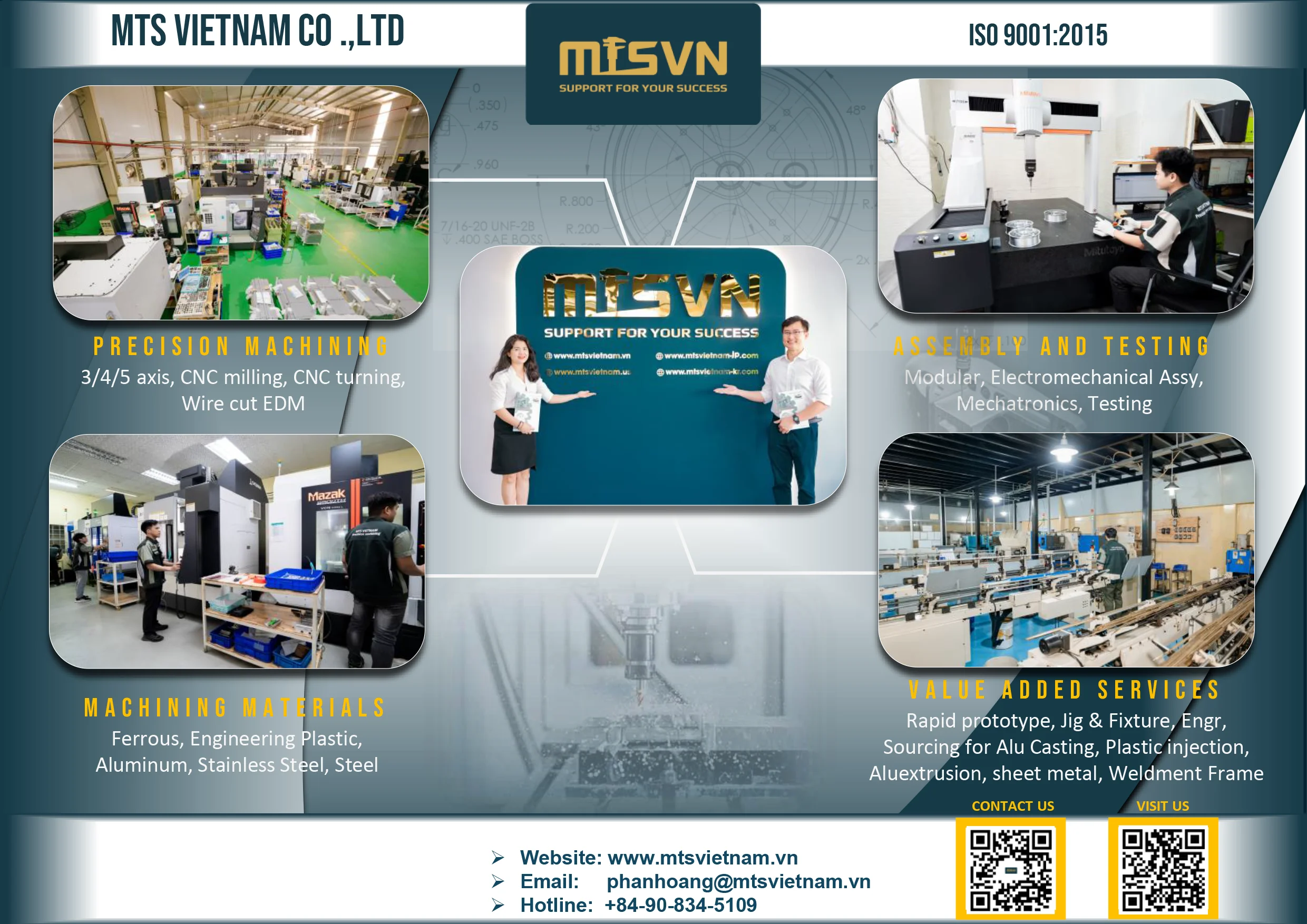Introduction
In the realm of Computer Numerical Control (CNC), the controller is a pivotal component, serving as the interface between a machine's hardware and the digital instructions provided by the software. This article explores the integral role of controllers in CNC systems, detailing their functionality, types, and the impact they have on the precision and capabilities of CNC machining.
Understanding the CNC Controller
A CNC controller is essentially the brain of a CNC machine. It interprets instructions from a computer program, usually in the form of G-code, and translates them into precise electrical signals that drive the motors and other components of the machine. This process controls the movement of the machine along various axes, ensuring accurate and efficient operations.
Key Functions of a CNC Controller
- Interpreting G-Code: The controller reads and deciphers the G-code from the CAD/CAM software, understanding commands that dictate movement, speed, and tool changes.
- Motion Control: It sends signals to the motors, managing the speed and position of the machine tool.
- Tool Management: The controller can automate tool changes and adjust settings for different phases of the machining process.
- Feedback Monitoring: Advanced controllers monitor feedback from the machine's sensors, adjusting operations in real-time to enhance accuracy.
- Operator Interface: Most CNC controllers have an interface that allows human operators to input commands, monitor operations, and make adjustments as needed.
Types of CNC Controllers
- Industrial Controllers: These are robust, capable of managing multiple axes and tools, and are designed for heavy-duty manufacturing environments.
- Open-Source Controllers: Such as GRBL, which are more accessible and used in smaller machines or hobbyist setups.
- PC-Based Controllers: These use a standard personal computer interface and software to control the machine, offering a user-friendly and versatile environment.
Innovations in CNC Controllers
Recent advancements in CNC controllers focus on enhancing connectivity, speed, and flexibility. Modern controllers are equipped with more powerful processors and more intuitive interfaces. Some of the cutting-edge features include:
- Touchscreen Interfaces: Providing a more intuitive user experience and quicker setup times.
- Wireless Connectivity: Allowing operators to manage machines remotely and integrate systems more seamlessly into IoT infrastructures.
- Adaptive Control Technology: Enabling the controller to adjust cutting conditions in real-time based on sensor feedback to optimize machining performance.
Challenges and Considerations
Choosing the right controller is crucial as it directly impacts the efficiency, capability, and cost of CNC systems. Challenges include ensuring compatibility with different software and hardware, managing updates and maintenance, and securing the system against cyber threats, especially as IoT and network connectivity become more common.
Conclusion
The controller in a CNC system is critical not just for interpreting digital designs into physical parts but also for enhancing the capabilities and efficiency of modern manufacturing. As CNC technology evolves, the development of more advanced controllers will continue to unlock new possibilities in manufacturing precision, flexibility, and automation. By understanding and leveraging the latest in controller technology, manufacturers can ensure they remain at the cutting edge of production technology.
MTS Vietnam is a prominent company specializing in precision mechanical components fabrication. Established in 2017, it has quickly become a reputable name in the Vietnamese and Southeast Asian markets. The company's expertise lies in CNC milling and turning parts made from a variety of materials, including Aluminum, Steel, Stainless, POM, and other engineering plastics. MTS Vietnam is dedicated to supporting the success of its customers and strives to be a leading company in the field of precision mechanical processing both in Vietnam and internationally.
In addition to its fabrication services, MTS Vietnam offers assembly services for components and machines, as well as CNC program services. This comprehensive range of services is aimed at providing optimal solutions and benefits to its customers through the company's ecosystem and strengths. MTS Vietnam emphasizes the importance of investing in new technology and quality control equipment to ensure that it can deliver merchandise at competitive prices and within the required deadlines.
WORKSHOP: 248/10 ĐT743A Street, Binh Thung 1 Quarter, Dong Hoa Ward, Ho Chi Minh City, Vietnam
Tel/zalo/viber: 0908.345.109
Email: phanhoang@mtsvietnam.vn | info@mtsvietnam.vn
Website: www.mtsvietnam.vn (Global Market) | www.mtsvietnam-jp.com (日本)
For USA Sales, please contact MTS USA at:
Tel/zalo/viber: 978-777-1716
Email: sales@mts-usasales.com
Website: www.mtsvietnam.us (US Market)







